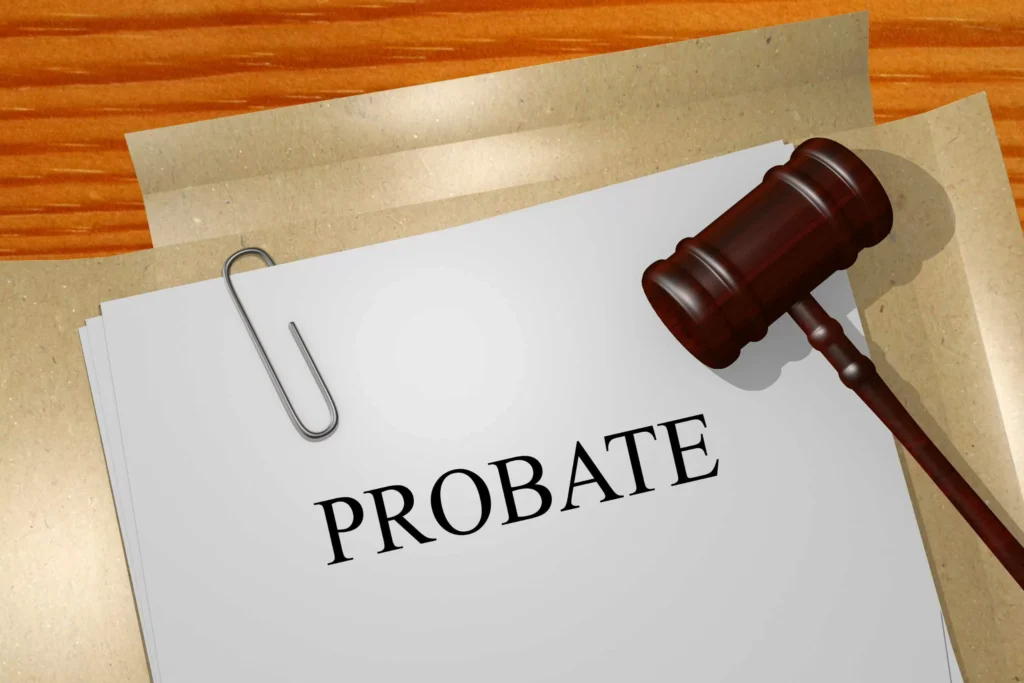Understanding the Probate Process in Texas
The probate process in Texas involves several steps that must be followed to ensure the proper distribution of a deceased person's estate. This legal procedure begins with the filing of a will, if one exists, and may require the appointment of an executor who will manage the estate throughout the process.
During probate, the court validates the will, if applicable, and oversees the administration of the estate, including settling debts and distributing assets to heirs. Understanding these steps can help individuals navigate the complexities of probate law and ensure compliance with state regulations.
Common Challenges in Probate Administration
Probate administration can present various challenges, including disputes among heirs, the handling of debts and taxes, and compliance with court requirements. These challenges can complicate the process and prolong the resolution of the estate.
For instance, if beneficiaries disagree on the interpretation of a will or the distribution of assets, it may lead to litigation, which can be costly and time-consuming. Recognizing potential issues early on can help individuals prepare and seek legal guidance to mitigate conflicts.
Alternatives to Traditional Probate in Texas
In Texas, there are alternatives to traditional probate that can simplify the estate settlement process. These alternatives, such as small estate affidavits or muniment of title, can expedite the transfer of assets without the need for lengthy court proceedings.
For example, a small estate affidavit allows heirs to claim assets without formal probate if the estate's value is below a certain threshold. This option can save time and reduce legal costs, making it an attractive choice for many families dealing with an estate.
The Role of an Executor in the Probate Process
The executor plays a crucial role in the probate process, responsible for managing the estate's affairs and ensuring that the deceased's wishes are honored. This includes gathering assets, paying debts, and distributing property to beneficiaries according to the will.
Executors must also navigate legal requirements, file necessary documents with the court, and communicate with beneficiaries throughout the process. Understanding these responsibilities is vital for anyone appointed as an executor to fulfill their duties effectively and efficiently.





